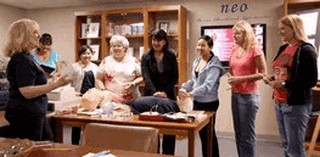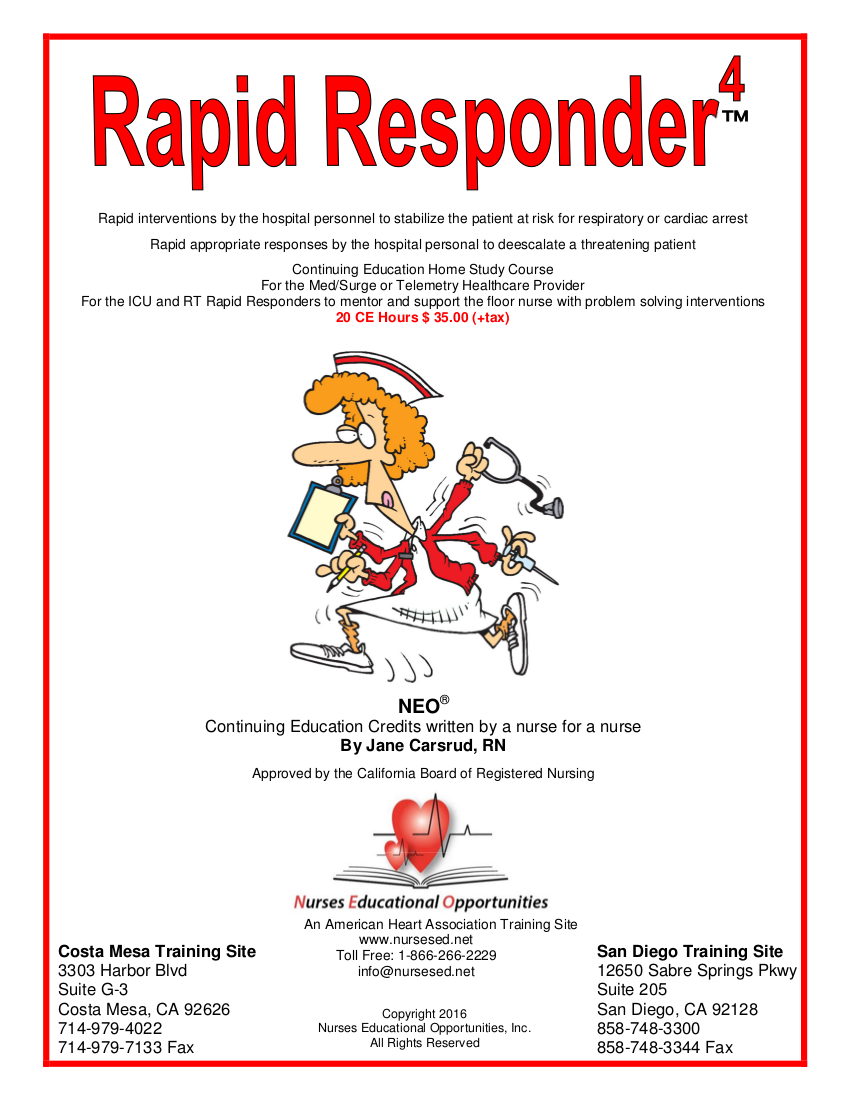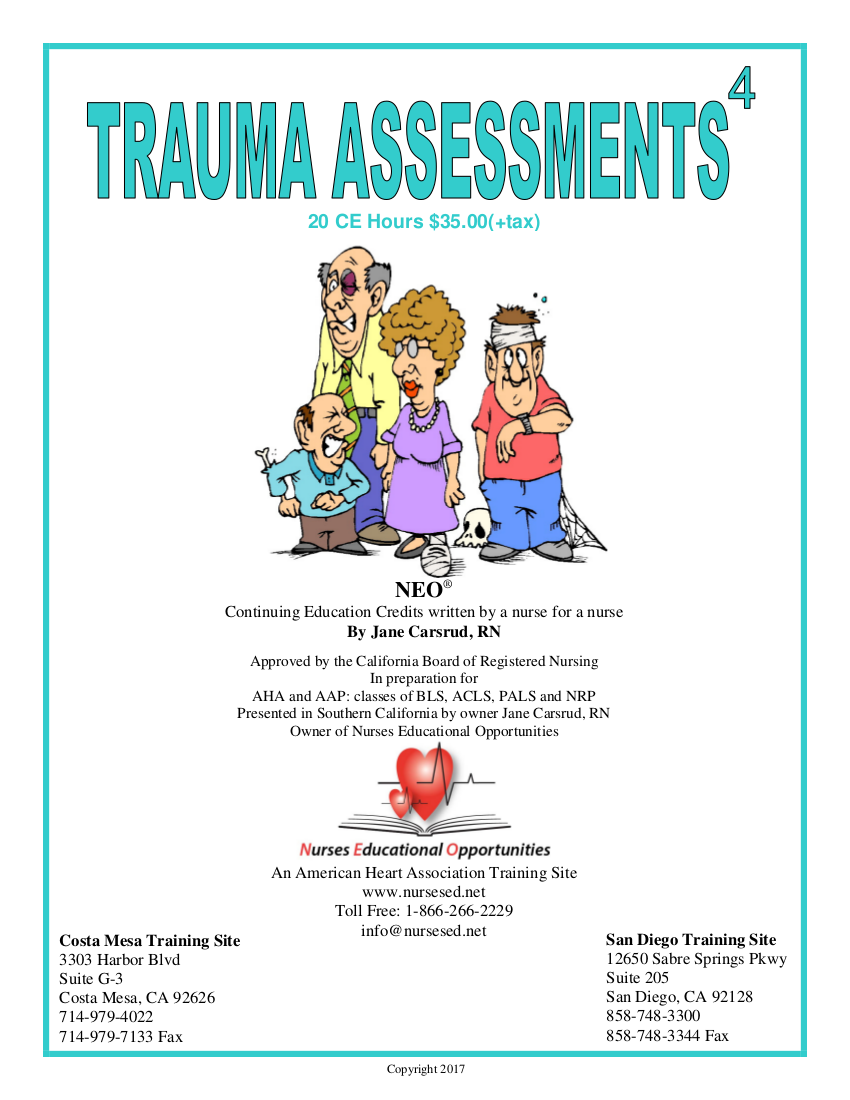
Critical Thinking for Your Nursing Career
I remember in the beginning of my professional career. As a student nurse I was evaluated on tasks that needed to be done and done in a timely manner. At the end of my shift as a young student nurse I obediently sharpened the used needles, placed them in a glass container, stuffed some cotton at the end and sterilized the needles. I had all of the thermometers soaking in “green soap” to be rinsed and ready for the next shift. I had my charting done and ready for shift report. I gave compassionate nursing care. I was task-orientated. I believed I was a valued RN.
Task-orientated nursing refers to the act of a nurse focusing more an activity rather than the surrounding environments. A task-oriented nurse often has a list of things to do and is highly organized. Physician orders were carried out and rules were followed. Task-orientated nursing sometimes does not meet a patient’s spiritual and emotional needs because the nurse is focused on getting her tasks completed.
Today, nurses are skilled and capable professionals whose expertise is essential to patient care and public health initiatives. It’s been a long road. And it’s clear that developing our critical thinking skills has helped to bring out this transformation within our industry during the last half century.
Critical Thinking is a multitude of definitions –
Simply stated it is a critical thinking nurse that recognizes a child with rapid respiratory rate and increased work of breathing that begins to decrease in respiratory rate and decrease in work of breathing as a child who is not improving, but getting worse.
A more complex head-scratching definition is the ability to recognize problems and raise questions; gather evidence to support answers and solutions, evaluate alternative solutions and communicate effectively with others to implement solutions for the best possible outcomes.
Critical thinking is definitely a skill that evolves over time and as you gain more experience. But that doesn’t means it’s absent in young or less experienced nurses. In fact, critical thinking skills are what make young nurses effective while they are gaining on-the-job experience. A less experienced nurse with keen critical thinking skills will be able to strategize and manage all sorts of new situations, while dealing effectively with everyone involved – the patient, family members, physicians and other care team members.
If you define critical thinking as multi-dimensional thinking, it becomes clearer when it’s most effectively employed. Multi-dimensional thinking means approaching a situation from more than one point of view. In contrast, one-dimensional thinking tackles the task at hand from a single frame of reference. It definitely has its place in nursing – we use one-dimensional thinking when we chart vital signs or administer a medication.
You’ll need critical thinking skills when you perform a nursing assessment or intervention, or act as a patient advocate. As your patient’s status changes, you’ll have to recognize, interpret, and integrate new information in order to plan a course of action. For example, what would you do if an elderly patient became confused from his medications, was unable to understand your instructions, and put himself at risk for falls? There may be no single “right” answer – you have to weigh all of the variables, prioritize your goals, and temper your next steps with empathy and compassion.
Critical thinking also involves viewing the patient as a whole person – and this means considering his own culture and goals, not just the goals of the health care organization. How would you handle a teenage girl who comes into your clinic asking for information about STDs? What about a seriously hypertensive patient who admits he can afford his medication, but doesn’t believe it is important that he take it every day without fail?
To develop your critical thinking skills, you can: suspend judgment; demonstrate open-mindedness and a tolerance for other cultures and other views.
- Seek out the truth by actively investigating a problem or situation.
- Ask questions and never be afraid to admit to a lack of knowledge.
- Reflect on your own thinking process and the ways you reach a conclusion.
- Indulge your own intellectual curiosity; be a lifelong learner.
- View your patients with empathy and from a whole-person perspective.
- Look for a mentor with more experience than you have; join professional organizations.
- Advance your nursing education.
The best way to develop your critical thinking skills and empower yourself with knowledge is learning, learning, and more learning. And remember “learning can be enjoyable.”



One Comment
Flagstar Nursing
Really thanks for sharing this useful post !! I Want to grow my career in nursing field and this post will definitely help me to achieve my goal.